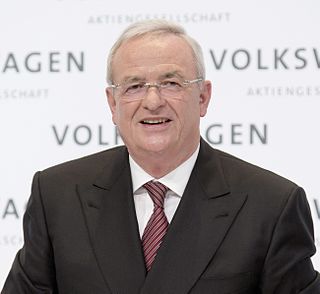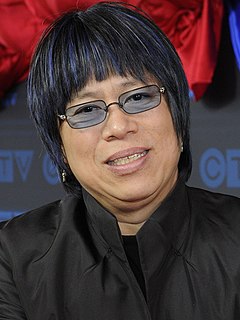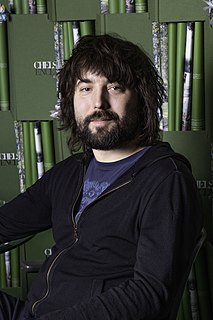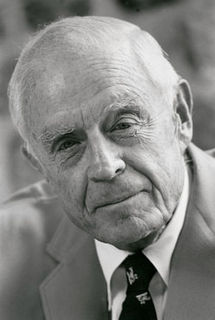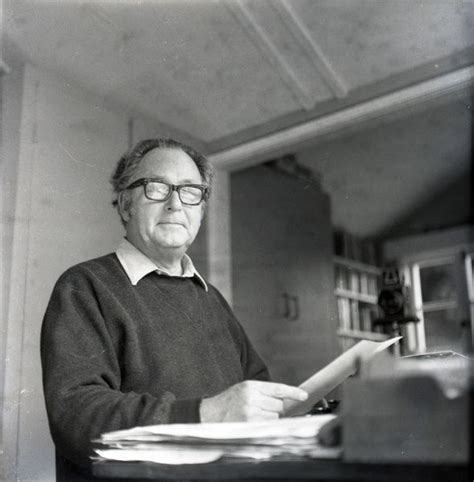A Quote by Martin Winterkorn
I have always been driven by the ambition to solve every problem I face, whether as a scientist, engineer or entrepreneur.
Related Quotes
Whether you were talking about Pillsbury, Burger King, Godfather's, the National Restaurant Association, in each one of those situations, I had a daunting problem that I had to solve. And I used the same business principles to approach the problem and, more importantly, solve the problem in every one of the situations.
People have been trying to do kind of natural language processing with computers for decades and there has only been sort of slow progress in that in general. It turned out the problem we had to solve is sort of the reverse of the problem people usually have to solve. People usually have to solve the problem of you're given you know thousands, millions of pages of text, go have the computer understand this.
I've always learned on-the-job, in real time. A problem comes up; I research it, and try to solve it. You can't study to be an entrepreneur; you have to develop those skills day in day out. All entrepreneurial experiences are related, whether you're selling worm poop to Wal-Mart or a grade tracking application to the public elementary school system. In the end, it's all very similar.
I always say that, like a scientist or anyone, you always want to be the problem-solver. You feel like, if you solve the greatest mystery or the greatest problem, then that makes you brilliant. It's the same thing with an actress. You want to be able to really tackle a character and make it a fully-dimensional human being who is complicated, funny and all the things that a person could be.
There is little doubt that, until 1846 when he helped to engineer the resignation of Robert Peel, Disraeli was driven by an ambition to make his mark rather than by any consistent political purpose, and that his attacks on Peel would have not have been so mounted had he been given in 1841 the office for which he had asked.
